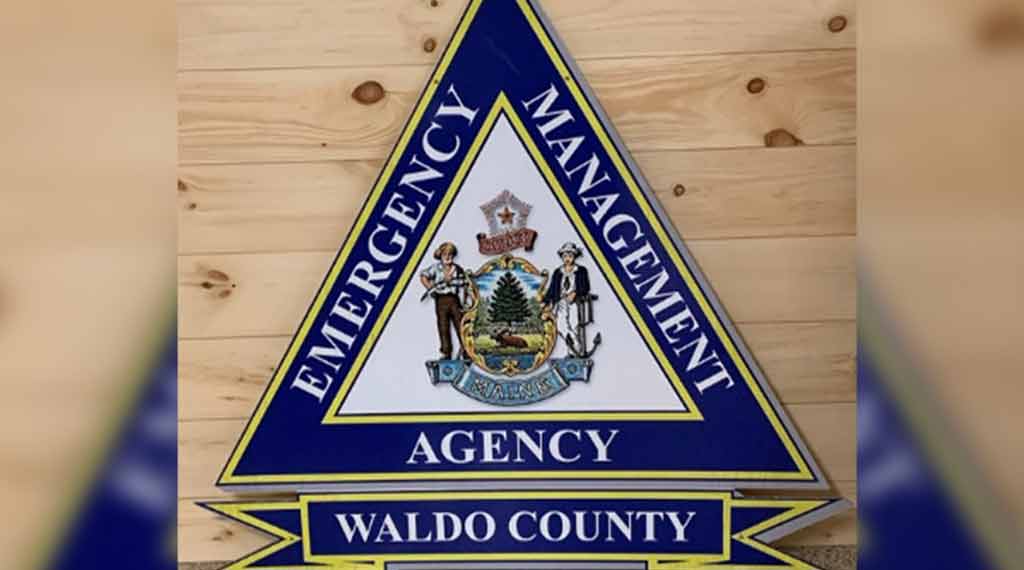A model of resilience: Waldo County Maine’s off-grid emergency operations center

Click HERE to read the full Report
Waldo County is an idyllic New England community in the Midcoastal region of Maine. At first glance, it seems an unlikely location for some of the country’s most cutting-edge innovations in emergency management planning and resilience.
Consisting of 853 square miles and with a population just under 40,000 people, Waldo County has a population density of 46 people per square mile. A “bedroom county” the majority of Waldo’s citizens work in and around Bangor in neighboring Penobscot County, the state’s third largest city with more than 30,000 residents, or in one of the other smaller cities outside of Waldo County.
Waldo has built a robust county emergency management program that incorporates public and private sector actors utilizing both time-honored Civil Defense concepts and an all-hazards approach.
It is also home to what may be the country’s first county-level Off-Grid Emergency Operations Center, designed to resist –and outlast – a prolonged power-outage, whether resulting from a severe winter storm or hurricane, from solar weather, or even an electromagnetic pulse attack.
The operations center is the brainchild of Lt. Col. (Ret.) Dale Rowley, the director of the county’s Emergency Management Agency, a position he has held for nearly 18 years. Previously, Rowley served almost a decade as Waldo County EMA volunteer deputy director, as the EMA director for the Town of Thorndike, as well as the Emergency Management Officer for the Maine Air National Guard. A civil engineer by training, Rowley served in the U.S. Air Force and Air National Guard for 22 years.
A member of the Center for Security Policy’s Resilient Communities Network (RCN), and a long-time participant in the Secure the Grid Coalition, Rowley firmly believes that widespread prolonged power-outage is the most serious potential threat facing his county.
“The greatest consequence we have from any of our hazards, is the long-term loss of power. We’ve had floods. Nobody dies, but we have road damage. We have oil spills. Nobody dies, but we clean up the mess. We have some real emergencies, some of them are million-dollar emergencies,” Rowley stresses, “But they aren’t threats to our society, or our ability to operate, like widespread, long-term loss of power.”
That logic formed the basis for the creation of an off-grid capable operations center for the county’s Emergency Management Agency. “You must have some place that can say, ‘We’re still up and running. We are going to try and get everybody else back up and running.’” Rowley notes, “We’re trying to make sure that this [Emergency Operations Center] can operate indefinitely, in the event of a grid-down situation.”
Click HERE to read the full Report
No Title
No Description
- Anarchists call for solidifying gains, expanding violent insurgency - February 5, 2026
- Shideler: Resistance to Immigration Enforcement Is Fierce in Minnesota - February 2, 2026
- The Revolution Is On in Minnesota - January 26, 2026
